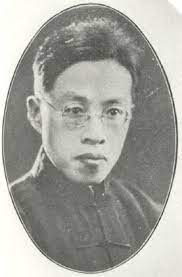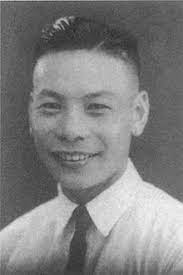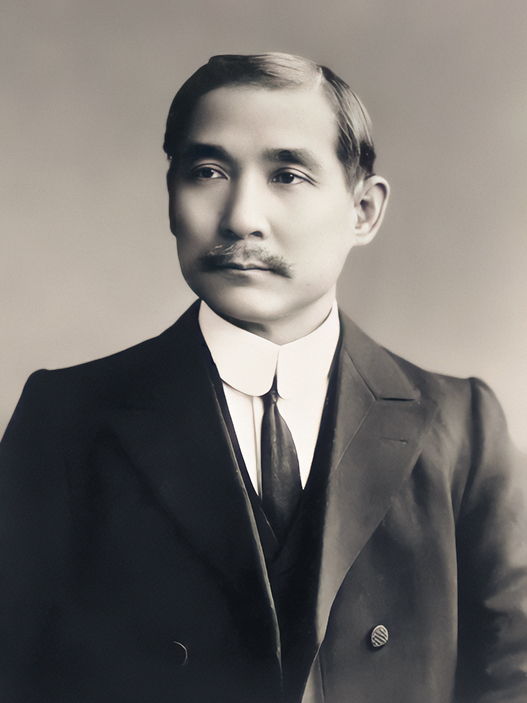T'ao Hsing-chih (1891-25 July 1946), educational theorist and reformer who based his ideas on those of John Dewey and Wang Yangming. His theories of "life education" were embodied in the mass education and rural education movements of the 1920's and in the work-study and "national crisis education" programs of the 1930's. Born into a family […]










